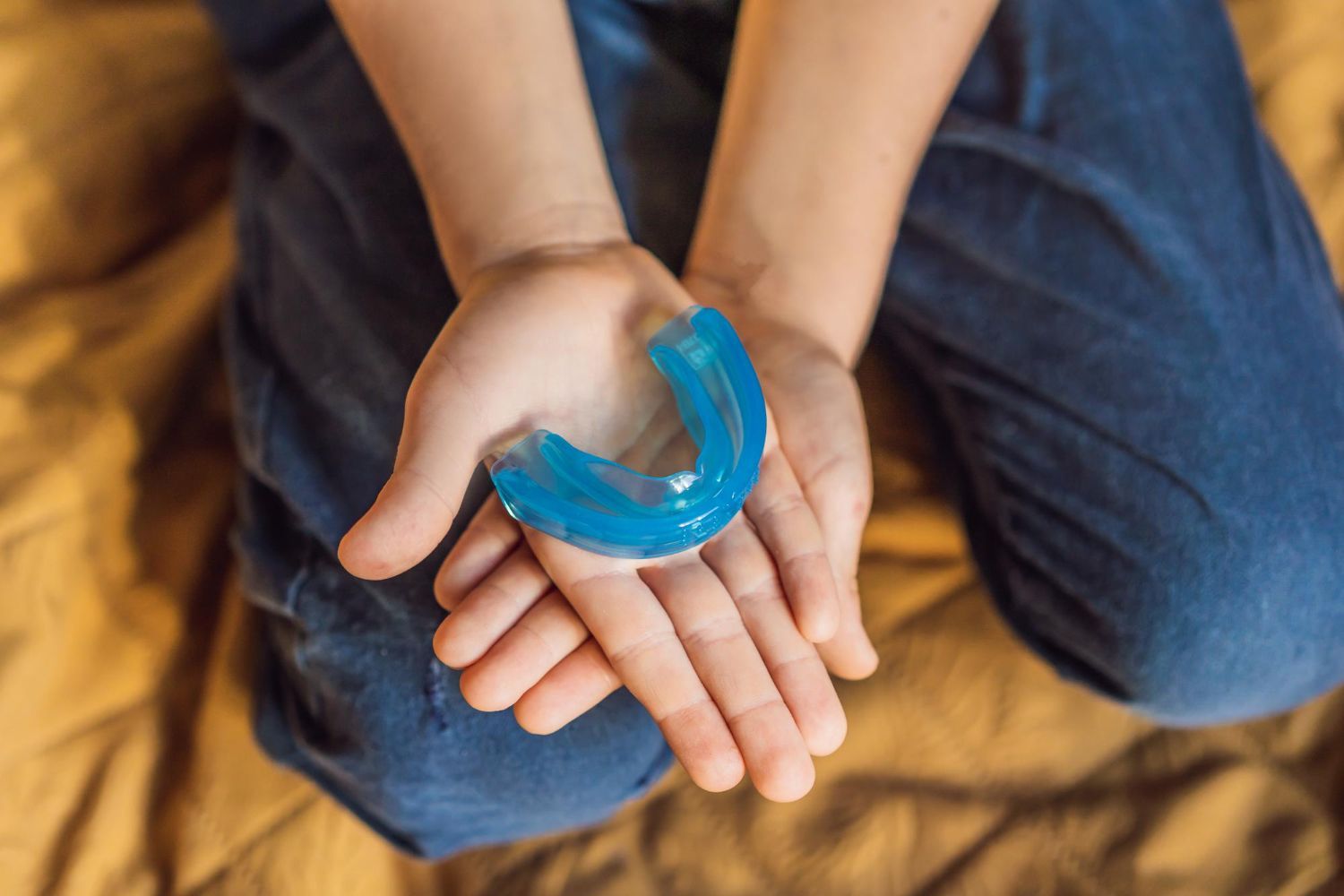Breaking in Your New Oral Appliance: Tips for Comfort

Getting used to an oral appliance can be a bit of a journey, but it’s a journey that leads to better sleep and health. These appliances are designed to help with conditions like sleep apnea and snoring, which can disturb your nightly rest. When used correctly, they can make a significant difference, helping you wake up more refreshed and ready to tackle the day. Just like getting used to a new pair of shoes, you might find that an oral appliance feels a bit unfamiliar at first. However, it begins to feel like a natural part of your nightly routine over time and can greatly enhance the quality of your sleep.
If you’ve just started using an oral appliance, especially right here in Harrisburg, knowing what to expect and how to make the transition smoother can be invaluable. This guide aims to provide you with straightforward tips and reassurance to help you adapt quickly and comfortably.
Understanding Your Oral Appliance
Oral appliances are nifty tools that offer a non-invasive way to handle sleep-related problems. There are several types you might encounter, each tailored for a specific need. These devices typically fall into two categories: mandibular advancement devices and tongue-retaining devices. Mandibular advancement devices gently shift the lower jaw forward to keep your airway open, while tongue-retaining devices focus on stabilizing the tongue's position.
These appliances work by adjusting the positions of the mouth's structures, ensuring that air can flow freely while you sleep. By doing so, they effectively reduce snoring and prevent sleep apnea events, which can lead to interruptions in your breathing.
Living in Harrisburg, taking advantage of oral appliance therapy is a smart choice for tackling these sleep disruptions without resorting to more intrusive methods. The benefits include not only improved sleep quality but also a reduction in daytime sleepiness and an overall boost in health.
In simpler terms, think of an oral appliance like a small but mighty guard that keeps watch while you sleep, ensuring nothing gets in the way of a peaceful night's rest. With expert guidance from Dr. Fox and her team, these devices become even more effective, perfectly adjusted to meet your personal comfort and needs.
Tips for Breaking In Your New Oral Appliance
Starting with a new oral appliance can be compared to breaking in new footwear. There might be initial periods of discomfort as your mouth adjusts to the device. It's important to be patient throughout this process and give yourself time to get accustomed to it. To help ease this transition, consistently wearing your appliance as advised by Dr. Fox is key.
Consider these handy pointers:
- Start Slowly: Wear the appliance for short periods initially and gradually increase the time.
- Follow the Schedule: Stick to the wearing schedule provided by Dr. Fox to minimize discomfort.
- Address Soreness: If you experience any soreness, over-the-counter remedies or a warm saltwater rinse can offer relief.
- Communication is Key: Talk to Dr. Fox about any persistent concerns you might have, ensuring the appliance fits well and works effectively.
Getting used to an oral appliance is a gradual process. The body needs time to adapt, and minor discomfort at the start is common. However, excessive pain or issues should be brought up with Dr. Fox to ensure everything is functioning properly.
Maintenance and Care
Proper care for your oral appliance can greatly influence both its effectiveness and its lifespan. Think of it like maintaining a car; regular upkeep is essential. Here's how you can extend the life of your device and ensure it remains in peak condition:
1. Routine Cleaning: Clean the appliance daily using a toothbrush and mild soap. Avoid harsh chemicals or toothpaste that might damage it.
2. Storage: Always store the appliance in its case when not in use to prevent damage or misplacement.
3. Regular Inspections: Check your appliance regularly for any wear and tear. If it looks damaged or worn out, reach out to Dr. Fox.
4. Hydration: Ensure the device doesn’t dry out. If it's not in your mouth, keep it in water or a denture-cleaner solution.
By following these steps, your appliance will stay in good shape. If you’re ever unsure, Dr. Fox is always there to guide you with tips and professional advice to maintain your device.
When to Seek Help
It's important to know when to consult with Dr. Fox about your appliance. Initial discomfort is expected, but ongoing issues require attention. If you notice persistent discomfort, pain, or if the appliance doesn’t seem to fit right, make an appointment. Dr. Fox can make adjustments to improve the fit and functionality, ensuring you get the most out of your therapy.
Having access to the right support makes a big difference throughout this process. Relying on Dr. Fox means you have a trusted source to handle adjustments smoothly, giving you peace of mind.
Embrace Comfort and Better Sleep
Adapting to an oral appliance may take some time, but the results are certainly worth it. By sticking with the process and using resources like Dr. Fox’s guidance, you’ll find yourself enjoying better sleep before you know it. This journey offers increased restfulness, and with ongoing support, you can achieve lasting comfort and sleep quality.
Remember, you’re not alone in this. Keep communication open with Dr. Fox, and feel confident that improvements are just around the corner. Rest assured that better nights and refreshed mornings are part of the path forward with your oral appliance.
Rest easy knowing that Pennsylvania Dental Sleep Medicine is here for you. If you're ready to improve your nightly routine and wake up feeling more refreshed, learn how oral appliance therapy in Harrisburg can support your journey to better rest and overall well-being. Dr. Fox and her team are here to help make the transition as smooth and effective as possible.


